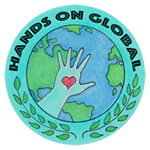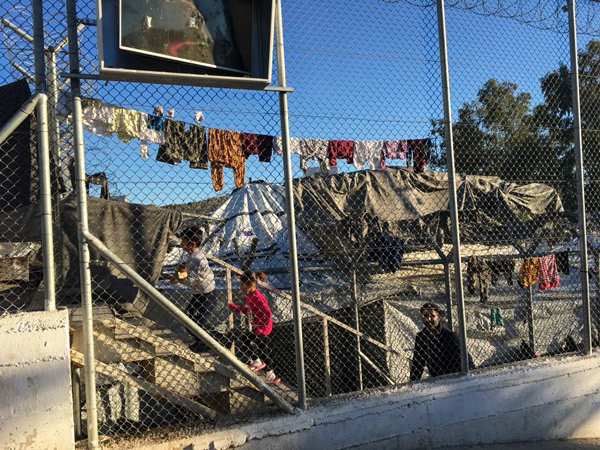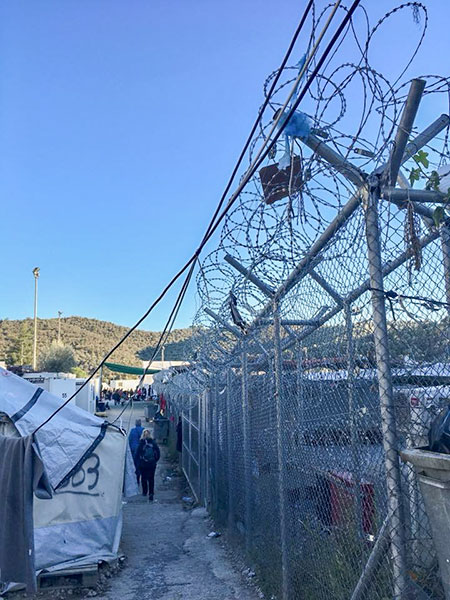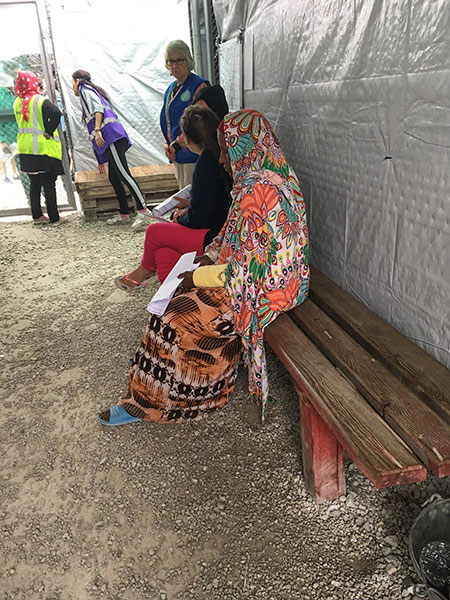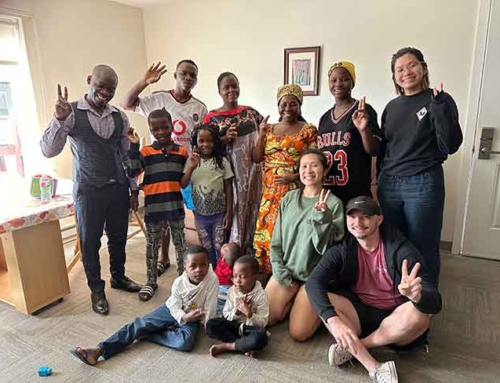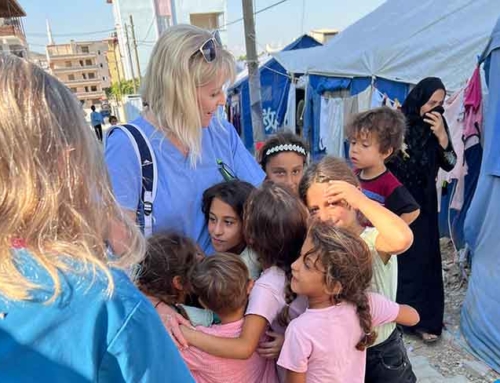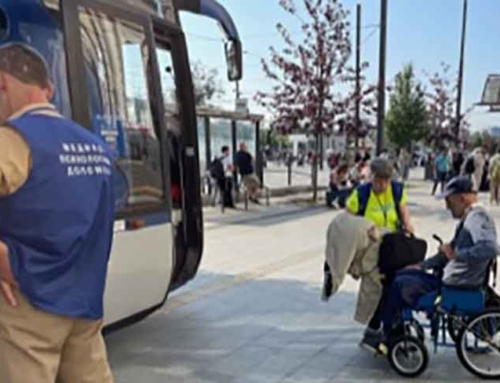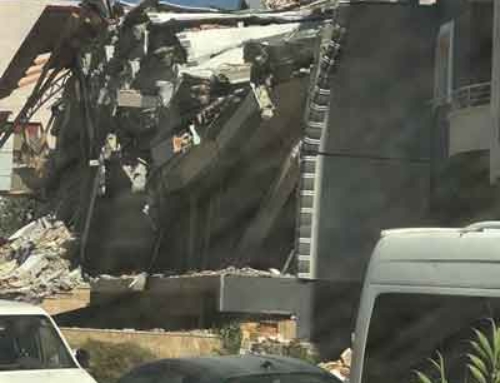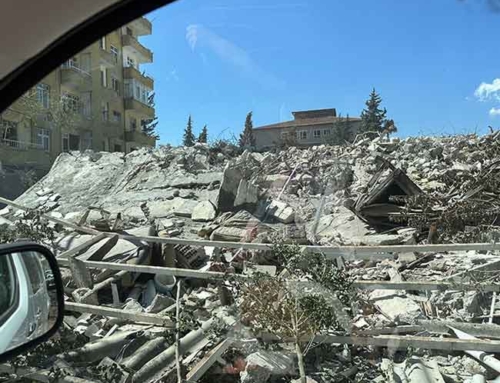We arrived this morning and within the first 5 minutes, a young man was brought in – an attempted overdose. Quickly the team responded and got an IV in him. He was immediately transferred out by ambulance to the hospital. I don’t know his story but the conditions here are unbearable.
Because the Greek government clinic is still closed we cannot make any referrals, except for eyes. NONE and we have no idea if and when this will change. People are just told, “No, we can’t do anything.”
Georgia saw a 10 year old girl yesterday who was in the new arrival holding area, a huge gated area in the center of the camp where people are detained, locked up for possibly months. There was concern about the girl and Georgia wanted to follow up but was told “not possible.” If the girl got sicker the guards would call us but we could not go there. These are not criminals. These are people like you and me, except they are escaping from conflict.
Yesterday, a man came in with his sick wife. She was moaning loudly and curled up on her side. She was vomiting, had diarrhea and was pregnant. They had been in the clinic before and yet she was still ill. He was demanding care for his wife and he started to get angry and out of frustration was threateningly loud. The police immediately came and took him out. He was only trying to get care for his wife.
Today I did pharmacy and wound care. I took care of an Afghan man with huge abdominal wounds from gunshots, a foot that was damaged by a bomb, infected resistant scabies, burns etc. Scabies is rampant in the camp and there is a treatment protocol but extremely difficult with so many thousands of people. There are many cases of infections from scratching. People cannot sleep because of the intense itching.
A man from Cameroon came in. He had been imprisoned for being gay, beaten with a baton resulting in head and abdominal injuries. He can’t sleep, has abdominal pain and memory loss. Georgia spent some time with him and was trying to get him some mental health care, it will be a long while.
The Greek government clinic is still closed until they get more security – apparently the patient tried to strangle the doctor yesterday. The system is so frustrating and impossible for people. For example, there is this elder Afghani woman who is alone, here without any family, a diabetic with hypertension. We gave her meds for 2 weeks and she is now expected to, on her own, get an appointment with the social worker at the Greek clinic, which is closed, get a Greek medical card and then get herself into Myitilini by bus to a pharmacy and pay at a reduced cost for her meds. Well, she is barely – if at all – literate and has no money. Makes no sense. I could tell you more because there are more horrific stories.
The positive is the wonderful team of translators, refugees themselves who work tirelessly and compassionately translating back and forth, working at our sides. Many are university students who had their studies interrupted by war or brutal dictatorships. Will they ever be able to finish their educations? Hadi, the Kitranos director, was a medical student in Syria. Now he has coordinated this clinic, which is so important but what of his dream to become a doctor . . . is that just over?
